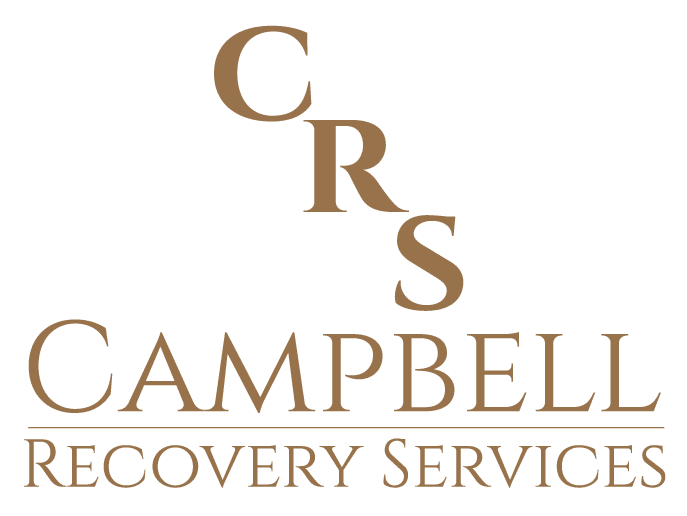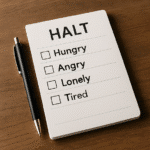During the process of recovery, it isn’t uncommon to trade one addiction for another. This type of cross addiction, also known as substitute addiction, can lead to its own set of problems. While it may seem like trading in drugs or alcohol for another less destructive addiction is innocent, the behavior can be a problem. One common cross addiction for recovering addicts is food. Turning to fattening, unhealthy foods in large portions can give them a sense of comfort. Sex is another common replacement addiction, acting compulsively and recklessly for the immediate pleasure that this can offer. Compulsive shopping and spending can give recovering addicts a sense of comfort and temporary elation. Gambling is another common way that recovering addicts will try to achieve that same high. Others may turn to abusing prescription medications, assuming that since it is prescribed that it is not a problem.
All of these cross addictions are a coping mechanism for the recovering addict to try to replace the need for drugs or alcohol. However, any type of addictive behavior can have a negative impact on your life. From overspending to extreme weight gain, cross addictions are an unhealthy way to manage your recovery. These other items are attempting to replace the dopamine rushes that the addict would previously experience from drugs or alcohol, although often on a smaller scale. While this may be less dangerous, there is still risk to this type of cross addictive behavior and it should be addressed through professional therapy and counseling.
Identifying Cross Addictions
It can be difficult to recognize when you or a loved one has developed a cross addiction. Unlike drug and alcohol abuse, this may initially seem like normal behavior. It is important to identify why you are turning to these actions and the feelings that are associated with them. When your desire to eat, shop, enjoy sexual relations, or gamble begins to feel like a constant and persistent need that you cannot get out of your head, this is likely a sign of a cross addiction. In some cases, loved ones will notice the problem before the recovering addict, having the advantage of seeing it from the outside.
Cross Addiction Management
Realizing that you have replaced one addiction with another, can feel discouraging for anyone. Finding professional treatment to help understand these actions and making changes for the future to prevent this type of cross addiction is an important step to recovery. This first step is to recognize and acknowledge the problem. From there you can seek professional addiction treatment, learn ways to manage any future replacement addictions and prevent relapses.
Struggling with a cross addiction is not a sign of weakness, but your brain’s way of telling you that something is missing. An addiction therapist can help you find the tools to manage these feelings, through healthy outlets in moderation that will keep you free from addiction, whether drugs and alcohol or one of these cross addiction behaviors. Learning to cope with life free of addiction is the healthiest road to recovery.





